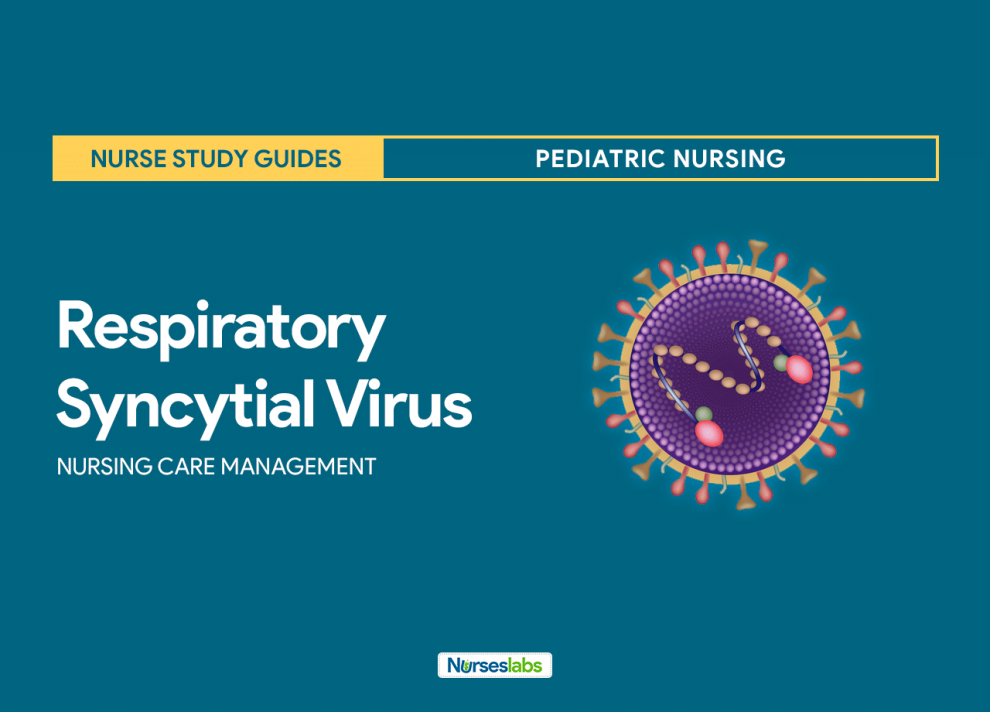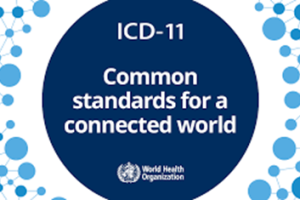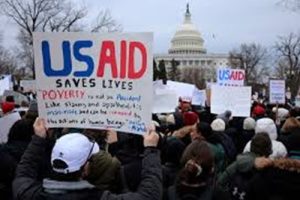North Dakota Health and Human Services has received reports of increased numbers of pediatric hospitalizations due to respiratory syncytial virus, otherwise known as RSV. Due to the current increased activity, HHS is encouraging broader testing for RSV among young children and older adults who have acute (severe) respiratory illness.
RSV is a virus that is primarily spread via respiratory droplets when a person coughs or sneezes, and through direct contact with a contaminated surface. The most common symptoms of RSV include runny nose, coughing, sneezing, fever and wheezing. RSV can also cause more severe infections, such as bronchiolitis, inflammation of the small airways in the lung, and pneumonia, an infection of the lungs. Infants, young children and older adults with chronic medical conditions are at risk of severe disease from RSV infection. RSV is the most common cause of these conditions in children under one year of age in the United States.

Some babies are at higher risk for severe RSV illness and should receive a prescription for palivizumab (Synagis) to prevent RSV. Parents of babies who are eligible for palivizumab should consult their child’s health care provider. Eligible babies may include: infants who are born prematurely, babies with certain lung issues, babies with certain heart issues . Other infants with high-risk conditions also may be eligible.
Other precautions people can take include avoiding contact with people who are sick, avoiding taking a baby out into large crowds, avoiding smoking around a baby and using good hygiene. Parents might also consider not sending a baby to daycare and staying up to date on routine immunizations to avoid becoming ill, according to HHS.
RSV infections occur primarily during the fall and winter. In the United States, RSV leads to an annual average of approximately 58,000 hospitalizations, with 100-500 deaths among children younger than 5 years old and 177,000 hospitalizations with 14,000 deaths among adults 65 or older. For more information on RSV, visit www.cdc.gov/rsv.



















Add Comment